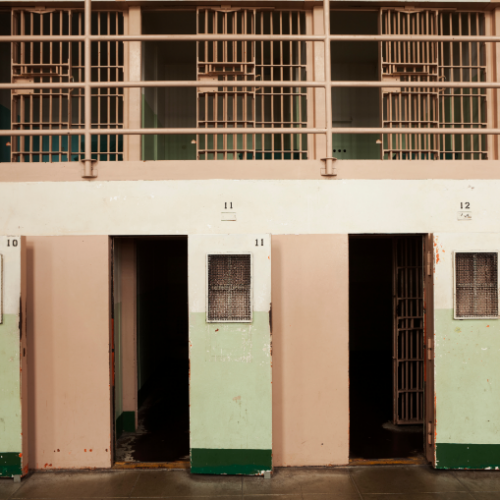Two-Phase Juvenile Reentry Demonstration
This grant program provided funding for states, units of local government, and federally recognized Native American tribal governments to help ensure that the assessments and services youth received in secure confinement, reentry planning processes, and supervision upon reentry promoted reduced recidivism rates and positive youth outcomes. The U.S. Department of Justice’s Office of Juvenile Justice and Delinquency Prevention (OJJDP) administered the awards.
Objectives and Deliverables
Grantees of this program completed a planning phase in which they established juvenile reentry task forces to develop a strategic plan to increase public safety and improve youth outcomes. Allowable uses for funds during the implementation phase included:
- Using evidence-based risk and needs assessments to inform reentry planning;
- Providing evidence-based interventions and services that target criminogenic needs;
- Providing case planning and case management in the community; and
- Supporting a comprehensive range of reentry services, including cognitive-behavioral programming; educational, vocational, and job placement services; substance use treatment; housing; mental health and medical care; and mentoring.
For more information, see the most recent OJJDP grant solicitation from 2014.
Past Grantees
OJJDP awarded 57 grants for juvenile reentry demonstration initiatives (note: prior to 2014, the program was known as the Second Chance Act Juvenile Reentry Program and the Second Chance Act Youth Offender Reentry Initiative; there were also separate grants awarded for planning and implementation in certain years):
- 5 grants in 2009
- 14 grants in 2010
- 9 planning and 5 implementation grants in 2011
- 4 grants in 2012
- 4 planning and 10 implementation grants in 2013
- 6 grants in 2014
A positive school experience, where a child feels secure, is essential for their well-being. However, for many children…
Read More The Path to Statewide Community Crisis Response in New Jersey: A Community Advocate’s Perspective
Read More
The Path to Statewide Community Crisis Response in New Jersey: A Community Advocate’s Perspective
Read More
 Supporting Children of Incarcerated Parents: Reimagining School and Community Collaboration
Supporting Children of Incarcerated Parents: Reimagining School and Community Collaboration
A positive school experience, where a child feels secure, is essential for their well-being. However, for many children with incarcerated parents—one in 14 in the U.S.—school can feel far from safe due to stigma, trauma, and a lack of understanding.
Read More Bridging Communities and Correctional Systems: Q&A with CSG Justice Center Advisory Board Member Commissioner Nicholas Deml
Read More
Bridging Communities and Correctional Systems: Q&A with CSG Justice Center Advisory Board Member Commissioner Nicholas Deml
Read More
 Assigned to the Cloud Crew: The National Incarceration Association’s Hybrid Case Management for People with Behavioral Health Needs
Assigned to the Cloud Crew: The National Incarceration Association’s Hybrid Case Management for People with Behavioral Health Needs
When returning to their communities from criminal justice settings, people with behavioral health needs face barriers in accessing basic needs—including food, housing, employment, transportation, education, clothing, and substance use and mental health services—which increases their risk of experiencing a crisis.
Read More Meet the Medicaid and Corrections Policy Academy Mentor States
Meet the Medicaid and Corrections Policy Academy Mentor States
New Hampshire Department of Corrections Commissioner Helen Hanks presents at the Medicaid and Corrections Policy Academy in-person meeting.
Read More










